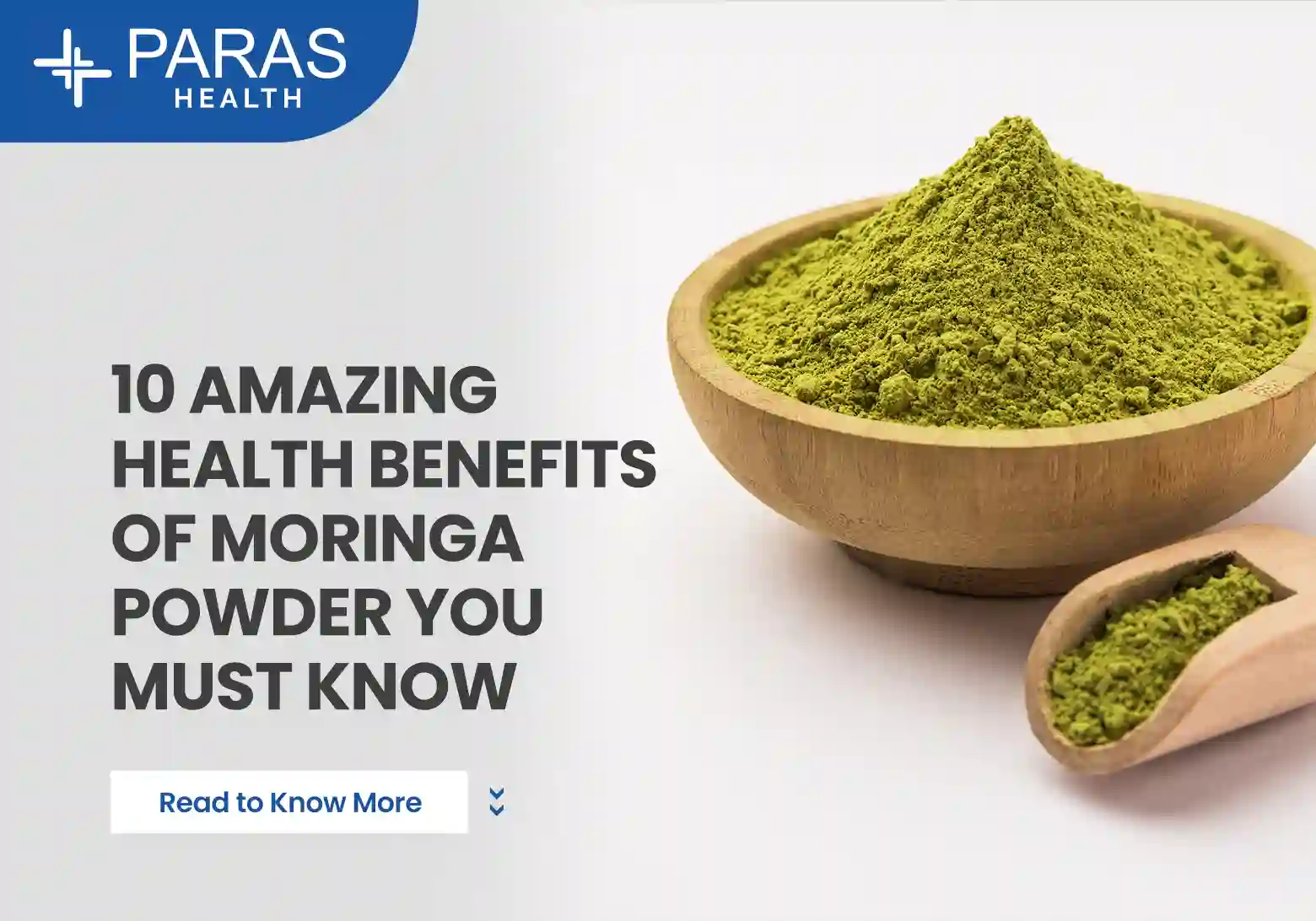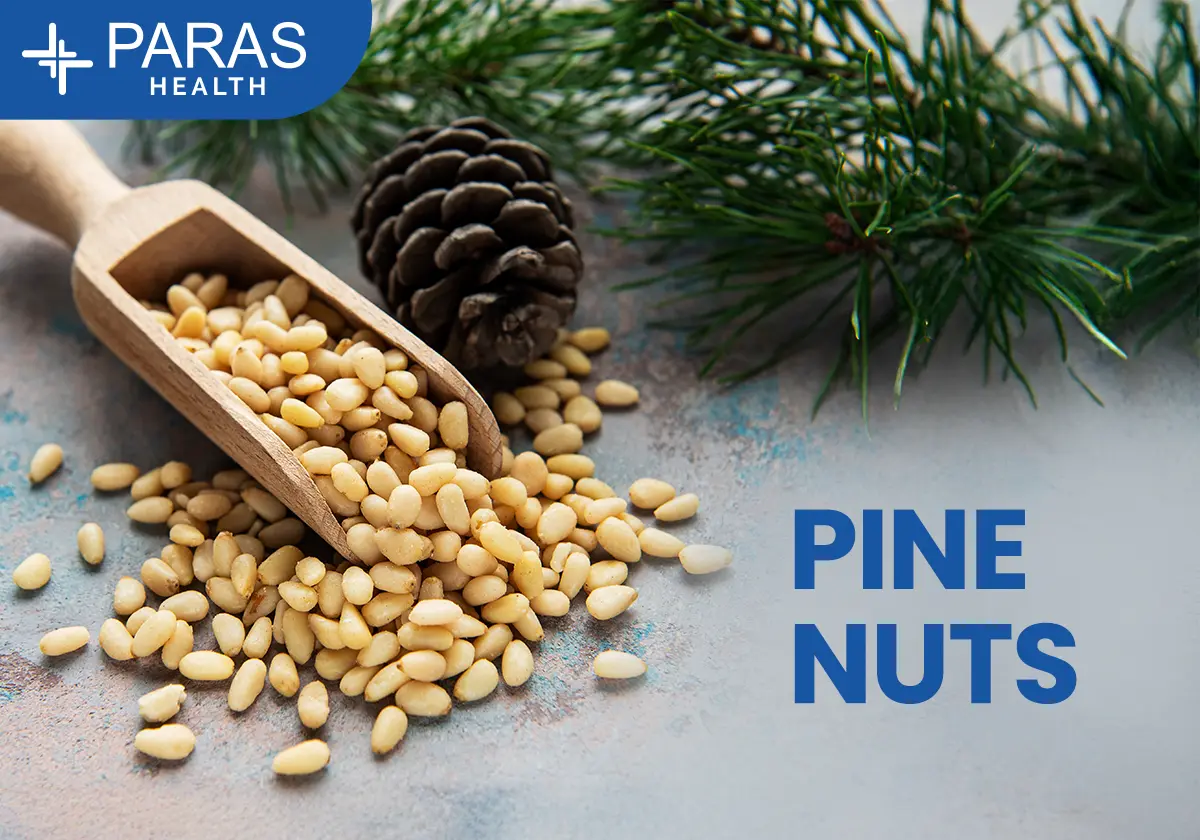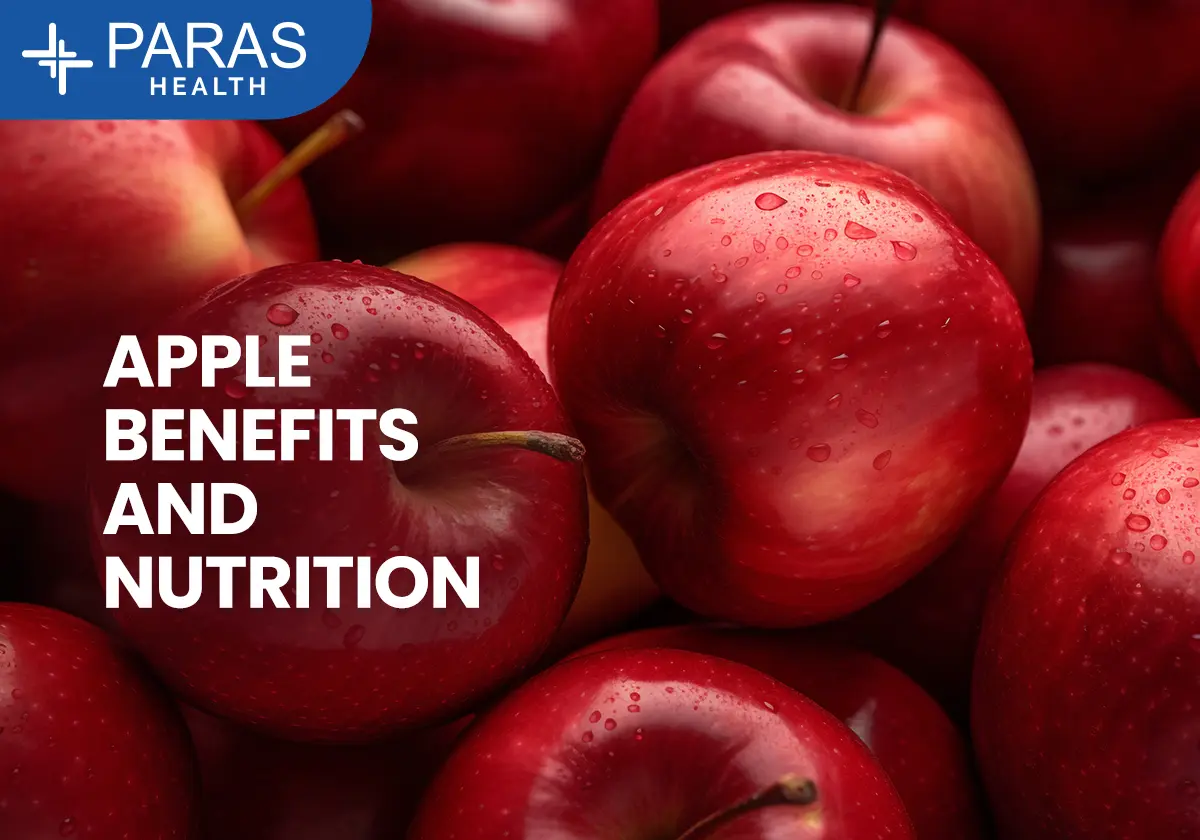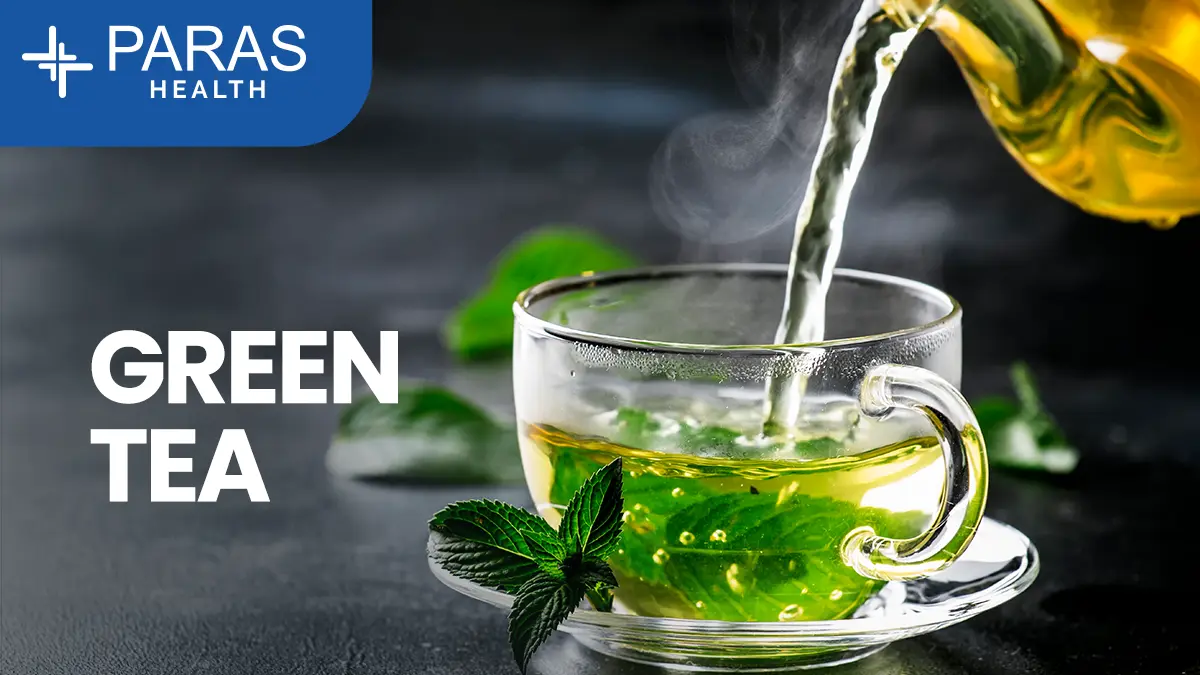10 Amazing Health Benefits of Moringa Powder
Sep 20, 2025
Moringa powder, often called the “Miracle Tree” powder, has become one of the most popular natural superfoods worldwide. Made from the dried leaves of the Moringa oleifera plant (commonly known as drumstick tree), this green powder is packed with vitamins, minerals, antioxidants, and protein.
But what makes it so special? In this blog, we’ll explore the 10 amazing health benefits of moringa powder that you must know, along with tips on how to use it safely in your daily routine.
1. Rich Source of Nutrients
Moringa powder is a powerhouse of nutrition. It contains:
-
7 times more Vitamin C than oranges
-
4 times more calcium than milk
-
3 times more potassium than bananas
-
Twice the protein of yogurt
According to the United States Department of Agriculture (USDA), moringa is also rich in iron, magnesium, and essential amino acids—making it an excellent supplement for people with nutritional deficiencies.
2. Boosts Immunity
Packed with antioxidants like Vitamin C, beta-carotene, and quercetin, moringa powder helps fight free radicals and strengthens the immune system. Studies published in the Journal of Food Science and Technology confirm that moringa has antimicrobial and antifungal properties, making it a natural immunity booster.
3. Helps Manage Blood Sugar Levels
Moringa powder is often recommended for people with diabetes. Research by the National Institutes of Health (NIH) shows that moringa may lower fasting blood sugar and improve insulin sensitivity. Regular use may help prevent sudden spikes in glucose levels.
4. Supports Heart Health
High cholesterol is a major risk factor for heart disease. Moringa powder contains compounds called isothiocyanates that may help reduce LDL (bad cholesterol) and support healthy blood pressure. The World Health Organization (WHO) recognizes moringa as a potential tool in improving cardiovascular wellness in developing regions.
5. Promotes Healthy Digestion
If you suffer from constipation, bloating, or indigestion, moringa powder can help. It is rich in fiber, which promotes smooth digestion and supports gut health. Its anti-inflammatory compounds also help reduce stomach ulcers.
6. Improves Skin Health
Want glowing skin naturally? Moringa powder is packed with Vitamin A, E, and antioxidants that reduce fine lines, wrinkles, and acne. The Indian Journal of Dermatology highlights moringa’s ability to protect the skin from pollution and UV damage.
7. Strengthens Hair & Prevents Hair Fall
The high protein, iron, and zinc in moringa powder promote hair growth and strengthen hair follicles. Regular intake or topical use with moringa oil may help reduce dandruff and dryness.
8. Supports Weight Loss
Moringa powder is low in calories but high in nutrients. It boosts metabolism, helps burn fat, and reduces cravings. Drinking moringa powder in water or smoothies can be a natural way to support your weight loss journey.
9. Enhances Bone Strength
Moringa powder has high calcium and phosphorus content, which helps strengthen bones and prevent conditions like osteoporosis. It’s a natural alternative for those who avoid dairy.
10. Detoxifies the Body
Moringa acts as a natural detoxifier. Its chlorophyll and antioxidants cleanse the liver and flush out toxins. According to a study by FAO (Food and Agriculture Organization), moringa is widely used in undernourished communities for detoxification and restoring energy levels.
How to Use Moringa Powder
-
Add 1 teaspoon to smoothies, soups, or juices.
-
Mix in warm water with lemon for a morning detox drink.
-
Sprinkle on salads or curries.
Recommended dosage: 1–2 teaspoons (5–10 grams) per day. Always consult your doctor before starting if you have medical conditions.
Possible Side Effects
-
Overconsumption may cause nausea or diarrhea.
-
Pregnant and breastfeeding women should consult a doctor.
-
Avoid taking it with medications for blood pressure or diabetes without medical advice.
Key Facts
-
WHO recognizes moringa as a vital plant for combating malnutrition.
-
NIH studies show moringa reduces blood sugar levels.
-
USDA lists moringa as a nutrient-rich superfood.
-
FAO supports its use in global food programs.
Conclusion
Moringa powder is more than just a health trend — it’s a science-backed superfood with benefits ranging from stronger immunity and better heart health to glowing skin and weight control.
Whether you’re looking for moringa powder for diabetes, weight loss, or skin care, adding this nutrient-rich supplement to your diet can make a real difference.
As always, consult your doctor before starting any supplement, especially if you have a medical condition.
FAQs
What is moringa powder good for?
Moringa powder is good for boosting immunity, managing blood sugar, improving skin, hair, digestion, and overall energy.
Can I take moringa powder daily?
Yes, 1–2 teaspoons daily is safe for most people, but consult your doctor if you’re on medication.
Does moringa powder help in weight loss?
Yes, it boosts metabolism and reduces cravings, making it a natural weight loss aid.
What is the best time to take moringa powder?
Morning on an empty stomach or before meals for maximum benefit.
Is moringa powder good for diabetes?
Yes, research shows it helps regulate blood sugar and improves insulin sensitivity.
How do you drink moringa powder?
Mix it with warm water, smoothies, or lemon water.
Does moringa powder have side effects?
Overconsumption may cause stomach upset; always stick to recommended dosage.
Can moringa powder improve skin and hair?
Yes, rich in vitamins A and E, it helps reduce acne, dandruff, and promotes growth.
Is moringa powder safe during pregnancy?
Not recommended without a doctor’s advice.
Where can I buy authentic moringa powder?
Look for organic moringa powder from certified brands with USDA or FSSAI approval.









 (1).webp)
